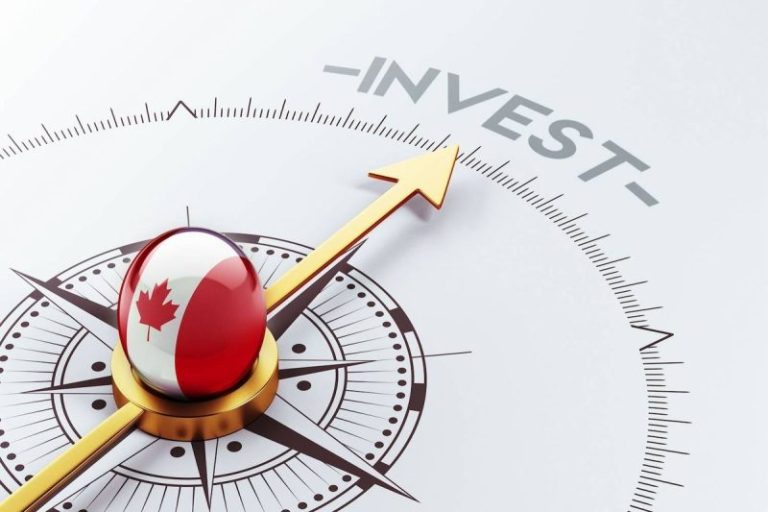Canada is undermining its own mining advantage as persistent policy uncertainty continues to erode investor confidence across large parts of the country, according to new commentary from the Fraser Institute.
Julio Mejía, a policy analyst, and Elmira Aliakbari, director of natural resources studies at the Fraser Institute, argue that regulatory ambiguity, and not resource quality, is increasingly the decisive factor shaping investment decisions in the mining sector.
“Bad policies create uncertainty and deter investment,” the authors wrote, warning that without predictable rules and permitting frameworks, Canada risks falling behind competing jurisdictions that offer clearer pathways to project development.
Despite being one of the most mineral-rich jurisdictions in the world, Canada has struggled to translate geology into sustained capital investment.
The consequences are already visible in the data. Mining exploration spending slipped from around US$3.3 billion in 2022 to US$3.1 billion in 2023, with early figures pointing to another decline in 2024.
Broader mining investment totaled approximately US$11.3 billion in 2023, well below the inflation-adjusted peak reached more than a decade earlier.
Furthermore, several prominent companies such Solaris Resources, Falcon Energy Materials, and Barrick Mining, have either moved headquarters out of Canada or signaled they are weighing similar steps.
The commentary further underscores that these decisions are less about commodity prices and more about jurisdictional risk. While provinces such as British Columbia, Yukon, and Manitoba boast world-class mineral potential, investors routinely cite uncertainty around land claims, protected areas, and environmental approvals as reasons to hesitate or redirect capital.
This regulatory friction, the authors note, stands in sharp contrast to US mining jurisdictions. In states such as Nevada, Arizona, and Wyoming, investors report far lower levels of concern over land tenure and environmental permitting, even when mineral endowment is comparable.
The result is a widening competitiveness gap at a time when mining capital is increasingly mobile.
The authors argue that Canada should, in theory, be well positioned to benefit from that trend. Instead, they warn that inconsistent rules and overlapping regulatory processes are dulling the country’s appeal just as capital is seeking scalable, lower-risk opportunities.
That erosion matters beyond corporate balance sheets. Mining was Canada’s second-largest export sector in 2023, generating approximately US$86.6 billion in economic output and supporting more than 700,000 jobs. The industry also pays wages nearly double the national average and remains one of the largest private-sector employers of Indigenous workers.
The Fraser Institute’s annual survey of mining companies—now in its 26th year—is cited as evidence of how these policy concerns translate into investor sentiment.
While Saskatchewan, Newfoundland and Labrador, and Alberta continue to score well on regulatory perception, several other provinces rank poorly despite strong geology, reinforcing the argument that policy choices, not mineral scarcity, are driving investment outcomes.
Reversing the trend, according to Mejía and Aliakbari, does not require lowering environmental or social standards, but rather clarifying them.
Predictable timelines, consistent land-use decisions, and coherent permitting frameworks would allow companies to assess risk more accurately and commit capital with greater confidence.
Securities Disclosure: I, Giann Liguid, hold no direct investment interest in any company mentioned in this article.

